What Is Epulis In Dogs & How To Help Your Dog?
20.01.2023.
Epulis is a growth in a dog’s mouth, usually around a certain tooth. More precisely, this is an oral tumor. The good news is that the epulis is benign, although if this tumor manages to spread further, it can cause additional complications for the dog.
Epulis is the most common type of oral tumor in dogs. The proper treatment will vary depending on the severity of the epulis your dog is experiencing. We bring you everything you need to know about epulis in dogs.
What is epulis in dogs?
Epulis is an oral tumor usually located near the dog’s teeth in the gum tissue. This tumor will usually develop from the periodontal ligament. Epulis is considered a common tumor that can affect our dogs, so to help your pet, you must understand all the symptoms and signs.
In most cases, epulis growth will be the same color as dogs’ gums, so it can be pretty hard to notice.
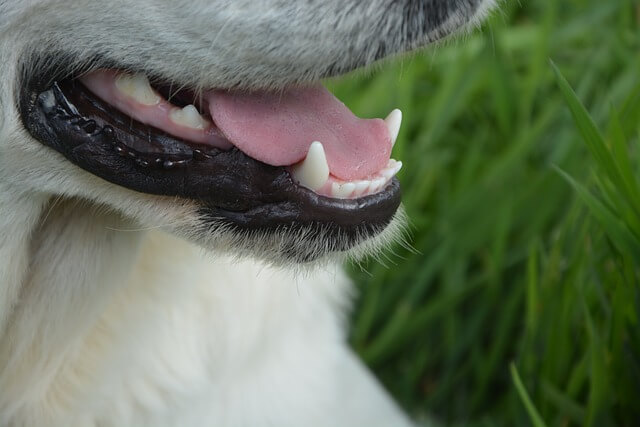
Symptoms of epulis in dogs
Epulis in dogs can be hard to notice until it develops fully. If you cannot notice growth in your dog's mouth, there could be a few symptoms that can indicate something is bothering your dog.
The most common symptoms that will indicate epulis are
- Bad breath
- Excessive drooling
- Bleeding from the mouth
- Refusal of food
- Refusal of drink
- Trouble eating
- Chewing on one side of the mouth
- Swelling of the jaw
If you notice any of these symptoms, it should be a clear sign that something is bothering your dog, and if you cannot locate growth in your dog’s mouth, you should take it to your vet.
In some severe cases of epulis, dogs could potentially have loose teeth, which could cause your dog to have difficulty opening and closing the jaw, as well he will be in much pain. These symptoms cannot go unnoticed.
Main causes
Although there are a few oral tumors that can affect our dogs, with epulis being the top one, the vets and scientists are yet to find out the main cause of why this is happening. Currently, we do not have the correct answer to this question.
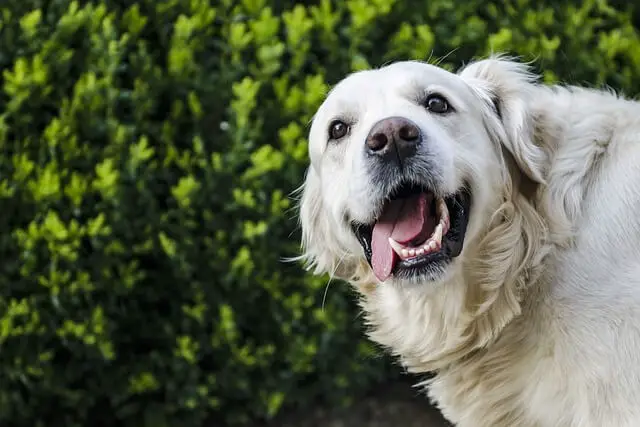
Are some breeds more prone to epulis?
While we do not know what exactly causes epulis in dogs, we do know that some dog breeds have a higher probability of developing this oral tumor. Brachycephalic dog breeds are in the most danger since they have flat faces.
Dog breeds prone to epulis are
- Boxers
- American Bulldogs
- English Bulldogs
- French Bulldogs
- Shetland sheepdogs
- Old English Sheepdogs
Every dog can develop epulis, but the mentioned breeds have a higher probability. No matter what dog breed you own, you must protect your dog to preserve his health.
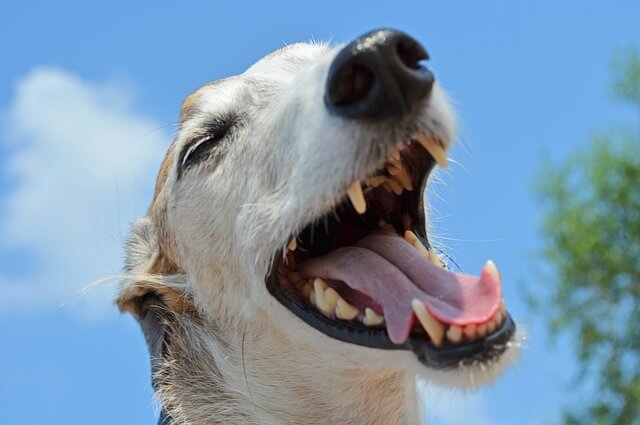
How do vets diagnose this health problem?
Your vet will start with a physical exam of your dog’s mouth and try to locate the epulis. X-rays could be a great addition to physical examination since they will help your vet determine where exactly this mass is located and how deep in the tissue it is.
Most vets will require blood work for your dog to check if everything is all right with him since he will need to undergo surgery. This is all done before to maximize the safety of your dog.
What is the correct treatment for epulis in dogs?
The most common way of removing epulis is by surgery, no matter how big this growth is. Of course, the smaller the growth is, the better the chances for your dog to fully recover without the possibility of new growth showing in the future.
Your dog will need anesthesia to remain calm during the procedure. Most vets will, during this operation, also clean your dog’s teeth and gums to make sure that the other parts of his mouth don’t contain potential growth.
Once the growth is removed from your dog’s mouth, it will be sent for testing, and the pathologist can determine what exactly type of epulis your dog has.
According to the results, your vet will easily determine what should be the correct treatment to fully protect your dog and not allow new growth to happen in the future.
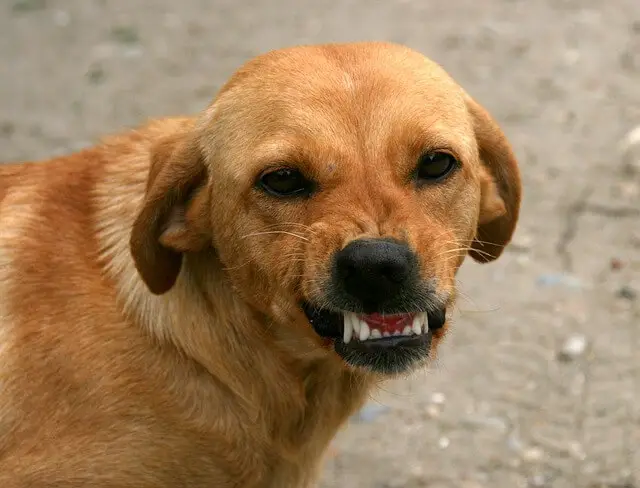
Recovery
Most dogs will recover from the surgery fully only after a few days. Depending on your dog and the severity of the surgery, your vet could prescribe him some pain meds and antibiotics. If your dog needs to take antibiotics, make sure not to miss his dose.
In the days after the surgery, your dog's mouth will be sore, and he will only be able to eat soft and wet food, so make sure that you stay prepared since your dog will not be able to eat his regular kibble.
Depending on the size of the growth, your dog may or may not have sutures. If he does, the sutures will fall out around one to two weeks after the surgery.
Can epulis in dogs reappear?
The sad truth is that even if you completely remove a growth from your dog’s mouth, the epulis can reappear. Because of this, you must follow the guidelines that your vet gives you since this will reduce the possibility of your dog developing new epulis.
Your vet will suggest you bring your dog for more frequent check-ups, so you can notice any new growth in the beginning and get to treatment immediately.
Can epulis in dogs be prevented?
Epulis can be pretty hard to prevent, but there are things you can do to reduce the possibility of your dog developing epulis in his mouth. As a dog owner, you should take good care of your dog's oral health and regularly brush his teeth.
While brushing, you can easily checkup and search for any unusual things or growth in his mouth, so if you notice anything strange, you can take action immediately.
If you notice epulis in the early stages, your dog could start with treatment immediately, and there is a low risk that your dog will develop epulis later in life.
World Dog Finder team

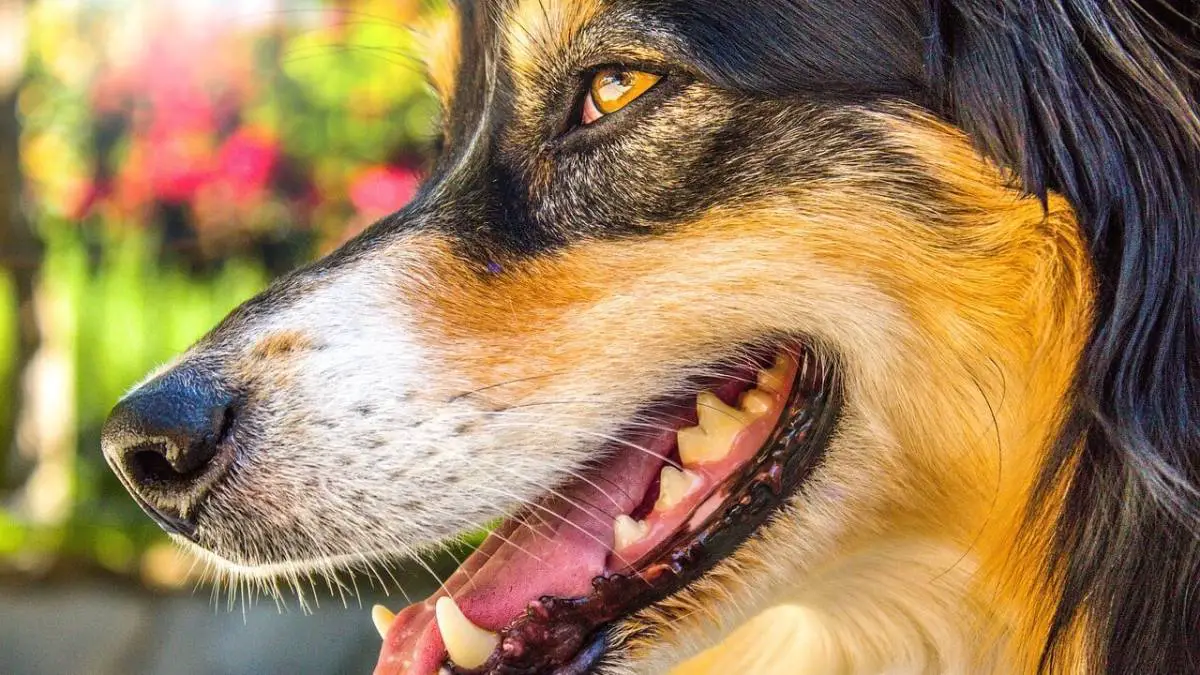





Share